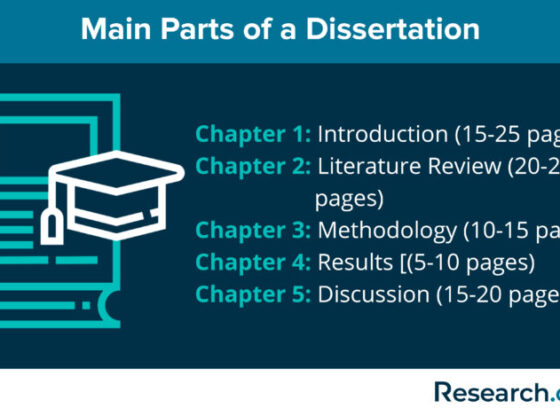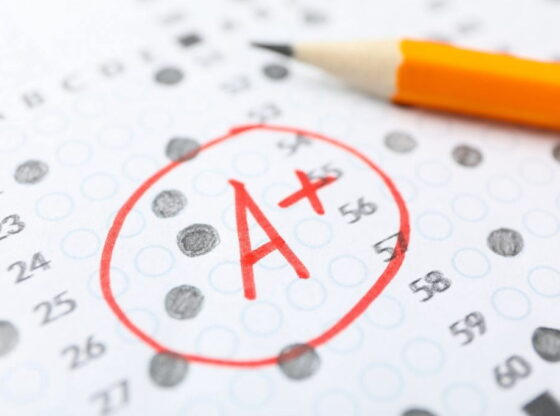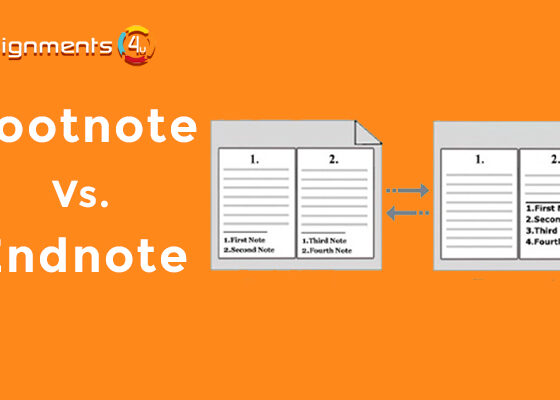Importance of Data Analysis in Academic Research
The information unrest has prompted an expanded enthusiasm for the act of data analysis and expanded interest in preparing and training in this area. In representative data analysis, an academic researcher begins with an inquiry and a lot of gathered information to explore the theory, all of which may advance after some time (Hicks & Peng, 2019). However, there is a lot of variety in characterizing what data information analysis is and how an academic researcher can build or make data analysis. Reputed Academic Writing Agencies offer you guidelines that are worth exploring. In this article, we will shed light on the importance of data analysis in research.
In logical fields, an academic researcher serves to evaluate and describe proof in the information. Data analysis is then led by a data analyst expert to officially decide the quality of proof for one hypothesis versus an alternative hypothesis.
Academic research composing has been normalized because of the procedures of globalization in more than one way. Be that as it may, this doesn’t have any significant bearing when making citations in logical papers, which can change very much among controls and distributions. Utilizing information examination, we can want to add to an appropriate course of studies concentrated transcendently on the substance of papers, talks, and topics rather than any proper necessities. Papers, talks, academic seminars, and data analysis are basic components of scholastic investigations.
You May Also Like: Mistakes to Avoid While Writing Research Papers
Data Analysis in Academic Research

Data analysis and investigation in research is a procedure utilized by academicians for reducing information to a story and deciphering it to determine bits of knowledge. The information examination process helps in decreasing an enormous lump of information into little pieces, which augurs well. Three fundamental things occur during the data analysis process: the first is information association. Synopsis and ordering information together add to the second realized technique utilized for information reduction.
It helps in discovering the examples and topics in the information for simple, recognizable proof and connection. The third and last way is information data analysis – academicians do it in both a top-down or base-up style.
Data analysis is how academic analysts go from a mass of information to significant bits of knowledge. There is a wide range of data analysis strategies, contingent upon the type of exploration. Academic researchers use a couple of strategies to investigate quantitative and qualitative information. Now you understand the importance of data analysis in academic research.
Analyzing Qualitative Data
Qualitative data examination works somewhat better than quantitative information, fundamentally because subjective information is comprised of words, perceptions, pictures, and even images. Getting supreme importance from such information is almost unimaginable; henceforth, it is for the most part utilized for exploratory examination.
While in the quantitative examination, there is a reasonable qualification between the information readiness and information investigation stage, investigation for subjective exploration frequently starts when the information is accessible.
Analyzing Quantitative Data
The principal phase of analyzing data is information planning, where the point is to change crude information into something significant and discernible. While writing a thesis or any other academic research content, keeping such factors in consideration should be mandatory. It incorporates four stages:
Stage 1: Data Validation
The motivation behind data validation approval is to discover, beyond what many would consider possible, regardless of whether the information assortment was done according to the pre-set principles and with no predisposition. It is a four-step procedure, which incorporates Fraud, to gather whether every respondent was met or not.
Screening to ensure that respondents were picked according to the exploration standards. The methodology is to check whether the information assortment technique was properly followed. The culmination was to guarantee that the questioner asked the respondent all the inquiries, as opposed to only a couple of required ones.
Stage 2: Data Editing
Normally, huge informational indexes incorporate mistakes. For instance, respondents may fill out fields inaccurately or skip them incidentally. To ensure that there are no such blunders, the researcher/scientist should direct fundamental information checks, check for anomalies, and alter the crude examination information to distinguish, and get out any information focuses that may hamper the precision of the outcomes. For instance, a mistake could be the fields that were left unfilled by respondents. While altering the information, it is essential to make a point to expel or fill all the unfilled fields.
Stage 3: Data Coding
This is one of the most significant strides in information arrangement. Data coding alludes to gathering and allocating qualities to reactions from the overview. Reasons Why Data Analysis is Important for Research.
Analysis and Academic Research
Research paper writing is the art of science. During the academic curriculum course, it is similarly imperative to create and deal with your strategies and learning abilities, both personally and scholastically. Managing particular writing and composing logical messages and papers, has a place with the central capabilities of an academician.
Any purposeful demonstration of contemplating, for example, undivided attention and taking notes, handling information examination and writings, composing surveys, and processing data analysis – add to developing and merging these essential abilities not identified with a particular field.
An academic scholarly study ought to take advantage of each lucky break to think about the fundamental techniques and methodologies before changing them if essential.
The crowd may have halfway data about the individual doing the examination, for example, who has given cash to finance the investigation. Revelations about subsidizing sources are normal in academic distributions because there is a mutual understanding that leading exploration or information investigation in a zone where critical money-related motivating forces are in question can make one one-sided in specific ways.
Data Analysis Relevance
By telling the reader the scholastic thinking behind data analysis and examination, academicians show that they can think basically and get to the center of an issue. This lies at the very heart of the higher scholarly community. Academic research doesn’t aimlessly follow the information gathered and ensures unique exploration goals educate which information does and doesn’t make it into the investigation.
All the information introduced ought to be applicable and suitable for the research objectives. Unessential information that shows an absence of center and confusion of thought is eliminated. At the end of the day, it is significant that the academic researcher shows a similar degree of investigation about the information they incorporate, as they did in academic literature writing. An academic researcher ought to analyze all information that is expected to be used or invalidate academic positions.
If you are the one who seeks expert assistance through a variety of types of academic writing solutions offered by expert academicians, don’t look anywhere anymore. You are at the right place to have all your academic writing requirements fulfilled in one go by highly talented and visionary academic researchers. It is high time you avail affordable yet best-quality academic content solutions from the crème de la crème of academic guides.
Go through the reasons why data analysis is important for research.













I constantly emailed this web page post to all my friends. They loved reading it.
Hi Judi Bola,
Thanks a lot for liking it.